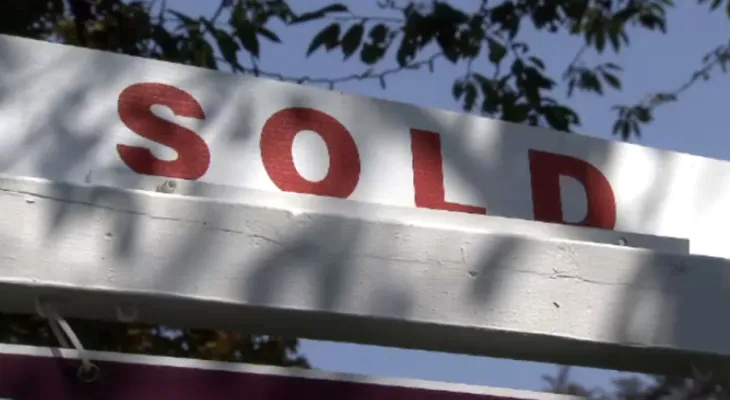Search here
Newspaper
Search here

Arab Canada News
News

Published: July 22, 2022
You will need to earn more than $220,000 to buy a home in Toronto and Vancouver with a 20 percent down payment, according to new data from Ratehub.ca.
Although home prices have dropped in hot markets like Toronto and Vancouver, the income required to buy a home in these markets remains high due to increased mortgage stress test rates caused by higher interest rates.
Ratehub.ca says it used real estate data from March 2022 and June 2022 to make the calculations.
Homebuyers in Toronto need to earn $15,750 or seven percent more compared to March, while those in Vancouver need to earn $31,730 or 16 percent more.
Across all Canadian cities, the annual income needed to buy a home jumped by an average of $18,000 in just the past four months.
Victoria, British Columbia saw the largest increase in June compared to March, requiring an additional $35,760 or 23 percent of income.
James Laird, co-CEO of Ratehub.ca, said in a statement: "Home prices will need to fall significantly to offset the effects that high mortgage rates have on the stress test."
Adding, "Unless this happens, housing affordability will continue to be severely impacted by the current high-price environment.
Explaining, "Rapidly rising interest rates have led to lower Canadian home prices in recent months, with the average home price down 1.9 percent in June compared to May, according to the Canadian Real Estate Association (CREA).
June marked the third consecutive month of price declines and the largest monthly drop since 2005.
On the other hand, BMO Capital Markets’ chief economist, Robert Kavcic, wrote in a July 15 memo that the Bank of Canada’s recent move to hike the key interest rate by a full percentage point paves the way for a deeper correction in the housing market in 2023.
Kavcic said the increase, which pushed commercial banks to raise their prime rates, has made it harder to qualify for a mortgage under Canadian stress test rules.
The stress test sets the qualifying mortgage rate either two percentage points above the contract rate or 5.25 percent, whichever is higher.
Meanwhile, Canadian banks — Bank of Montreal, CIBC, RBC, Scotiabank, TD Bank, and National Bank — raised their prime rates by a full percentage point to 4.70 percent from 3.70 percent last week in response to the central bank’s hike.
Fixed five-year rates continue to hover around five percent or slightly higher.
It is worth mentioning that many potential buyers are sitting on the sidelines currently to see how this price environment impacts the market, which is why we’re seeing transaction volumes drop significantly in those key markets.
Laird from Ratehub.ca said in an interview: "But demand is still there."
He explained that rental rates are rising to support the market from an investor’s perspective, first-time buyers still want to enter the market, and many new Canadians prioritize home ownership upon arrival.
Emphasizing, "If rates are moderate at this level or hold at this level, I expect to see a reasonably low home buying cycle.
But if prices keep rising, I think we’ll continue to see people waiting and not jumping into buying."
Comments